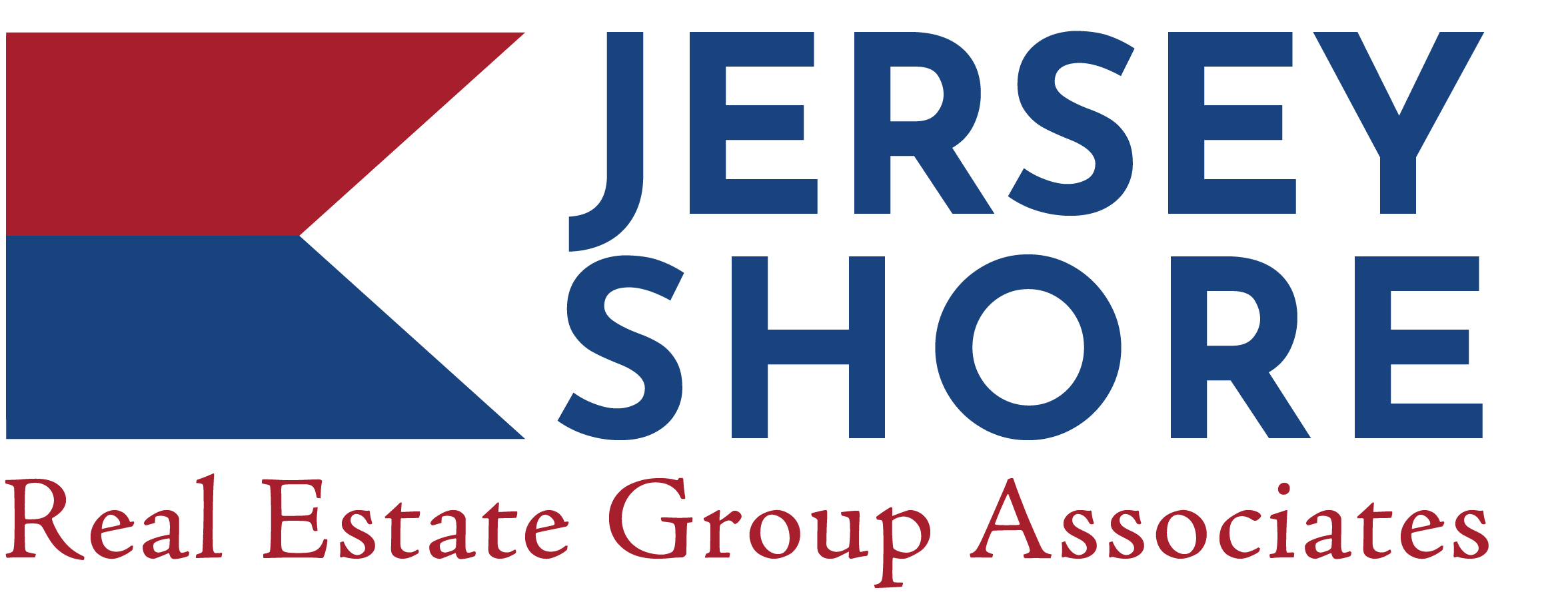 Neptune City, New Jersey – April 4, 2023 – As interest rates continue to climb, many distressed homeowners are feeling the financial strain. Higher interest rates mean higher borrowing costs, which can lead to difficulty in making mortgage payments and even foreclosure.
Neptune City, New Jersey – April 4, 2023 – As interest rates continue to climb, many distressed homeowners are feeling the financial strain. Higher interest rates mean higher borrowing costs, which can lead to difficulty in making mortgage payments and even foreclosure.
In this blog post, we’ll explore how rising interest rates are affecting distressed homeowners and what they can do to manage their finances.
The Impact of Rising Interest Rates on Distressed Homeowner
For homeowners with adjustable-rate mortgages (ARMs), rising interest rates can lead to significant increases in their monthly payments. ARMs typically have lower initial interest rates that adjust over time based on market conditions. When interest rates rise, the interest rate on an ARM can increase substantially, resulting in higher monthly payments that may be difficult for some homeowners to afford.
For example, if a homeowner has a $200,000 ARM with a 3% interest rate and a monthly payment of $843, a 1% increase in interest rates would result in a monthly payment increase of $113, to $956. This can be a significant burden for a distressed homeowner who is already struggling to make ends meet.
Even for homeowners with fixed-rate mortgages, rising interest rates can make it more challenging to refinance their mortgages at a lower rate. Higher interest rates mean that it will be more expensive for homeowners to borrow money, which can make refinancing a less attractive option. This can be especially problematic for homeowners who have negative equity in their homes or have experienced a decline in their credit score.
In addition to making it harder for distressed homeowners to make their mortgage payments, rising interest rates can also lead to a slowdown in the housing market. Higher rates can make it more expensive for potential homebuyers to borrow money and purchase homes, which could reduce demand and slow down price growth.
As a trusted real estate broker on the Jersey shore, here are a few tips as to things you can do to manage your finances:
- Stay informed about interest rate trends: Keep an eye on interest rate trends and how they may affect your mortgage payments. This can help you anticipate changes and plan accordingly.
- Work with your lender: If you are having trouble making your mortgage payments, talk to your lender. They may be able to offer you a loan modification or other assistance to help you stay in your home.
- Consider refinancing: If interest rates have gone down since you took out your mortgage, consider refinancing to a lower rate. This could help you lower your monthly payments and make them more affordable.
- Seek help from a financial advisor: A financial advisor can help you develop a plan to manage your finances and avoid foreclosure. They can also help you explore options like debt consolidation or bankruptcy if necessary.
Overall, rising interest rates can exacerbate the financial difficulties that distressed homeowners are already facing. It’s important for homeowners in this situation to seek professional guidance and explore all available options, including loan modifications, refinancing, and government assistance programs, to avoid foreclosure and protect their homes.
Conclusion
Rising interest rates can have a significate impact on distressed homeowners, making it harder for them to make their mortgage payments and potentially leading to foreclosure. By staying informed about interest rate trends, working with their lenders, and seeking help from financial advisors, distressed homeowners can better manage their finances and avoid financial hardship
For more information on interest rate trends or other real estate topics, please contact Rhea Goldsmith at rhea.goldsmith1@gmail.com or 732-532-3119.
About Rhea Goldsmith:
Rhea is a trusted real estate broker on the Jersey shore, with extensive experience in the industry. She specializes in helping homeowners navigate the complex real estate market and is committed to providing top-quality service and support to each and every client.

